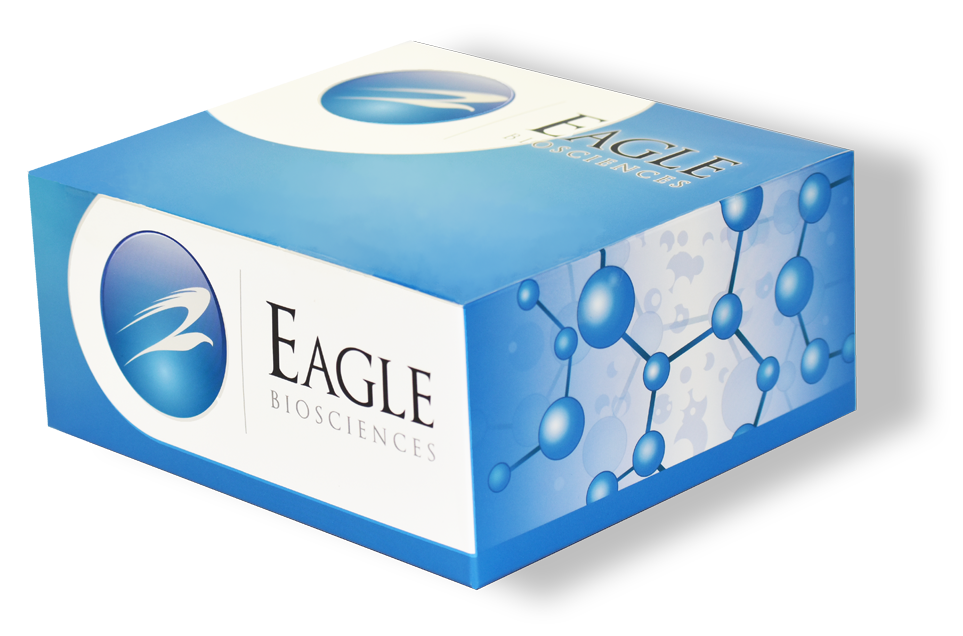Alpha-1-Antichymotrypsin (ACT), also known as serpin A3, is a glycoprotein belonging to the serine protease inhibitor (serpin) family. It is primarily synthesized in the liver and secreted into the bloodstream, where it inhibits proteolytic enzymes such as cathepsin G and chymotrypsin. ACT plays a crucial role in regulating inflammatory responses and protecting tissues from protease-mediated damage. It is an acute-phase reactant, meaning its plasma concentration increases significantly during inflammation, infection, or tissue injury, alongside other acute-phase proteins like C-reactive protein (CRP) and alpha-1-antitrypsin.
In clinical settings, ACT serves as a biomarker of inflammation, tissue damage, and certain neurodegenerative conditions. Elevated serum ACT levels are associated with chronic inflammatory diseases, liver disorders, and malignancies, while abnormal deposition of ACT is found in amyloid plaques in Alzheimer’s disease—highlighting its potential role in disease pathology and progression. Measurement of ACT, either alone or in combination with other biomarkers (e.g., CRP or amyloid-beta), can aid in disease diagnosis, prognosis, and monitoring of therapeutic response.
In research contexts, ACT is investigated for its involvement in immune regulation, protease inhibition mechanisms, and its interactions with amyloid proteins. Its expression patterns and post-translational modifications (such as glycosylation) are studied to better understand disease mechanisms and identify potential therapeutic targets. ACT’s dual role as a protective anti-protease and a possible contributor to pathological protein aggregation makes it a valuable biomarker and research target in fields spanning inflammation, oncology, and neurodegeneration.
This product is manufactured in USA by Eagle Biosciences.
| Size | 1 x 96 Well |
| Sensitivity | 2.518 ng/mL |
| Dynamic Range | 6.25 – 400 ng/mL |
| Incubation Time | 1 hour 20 minutes |
| Sample Type | Biological Fluids |
| Storage | 2-8°C |
| Alternative Names | ACT, AACT, SERPINA3, Alpha-1-ACT, and Alpha-1-chymotrypsin inhibitor. |

